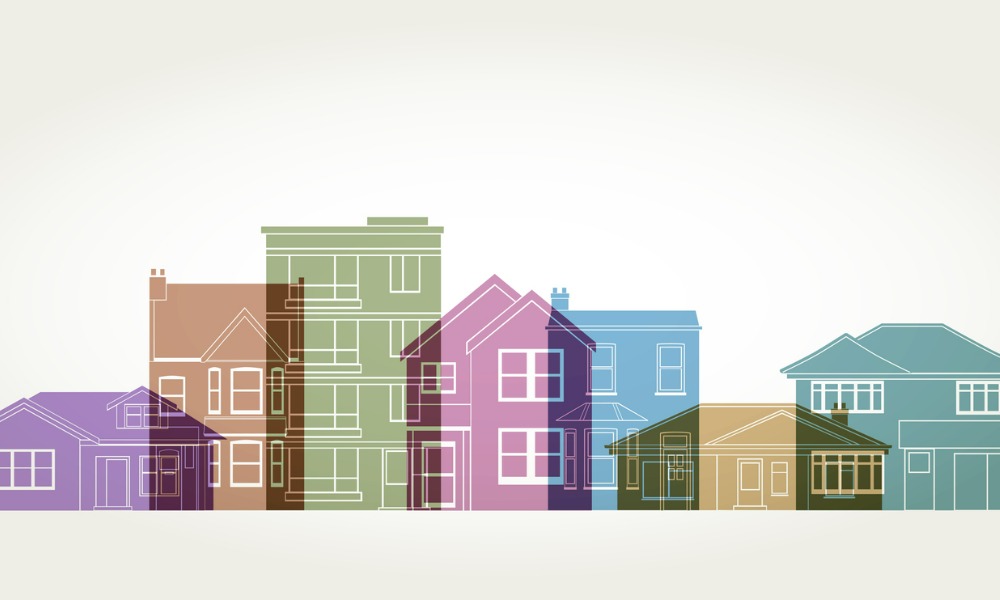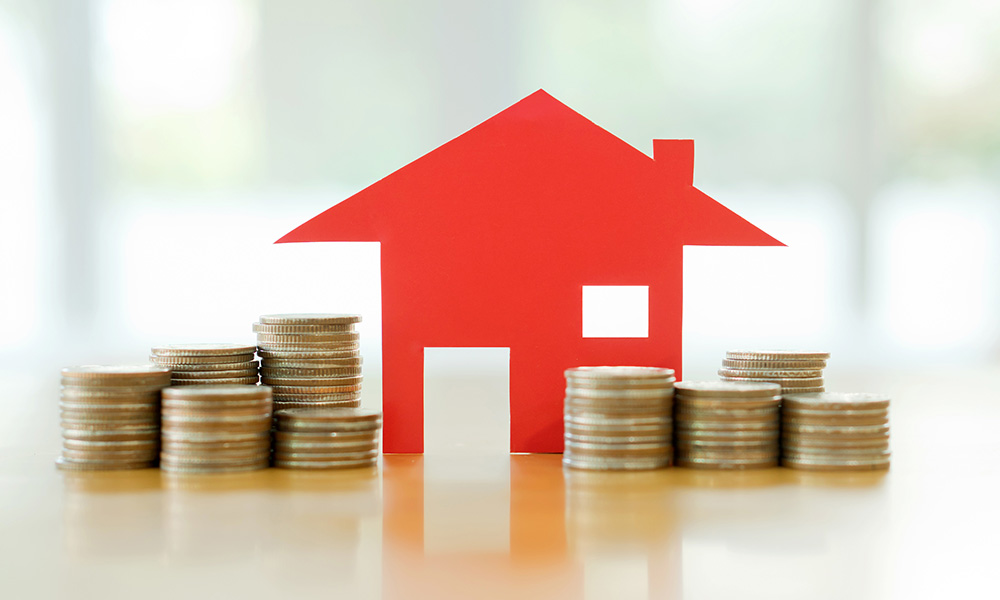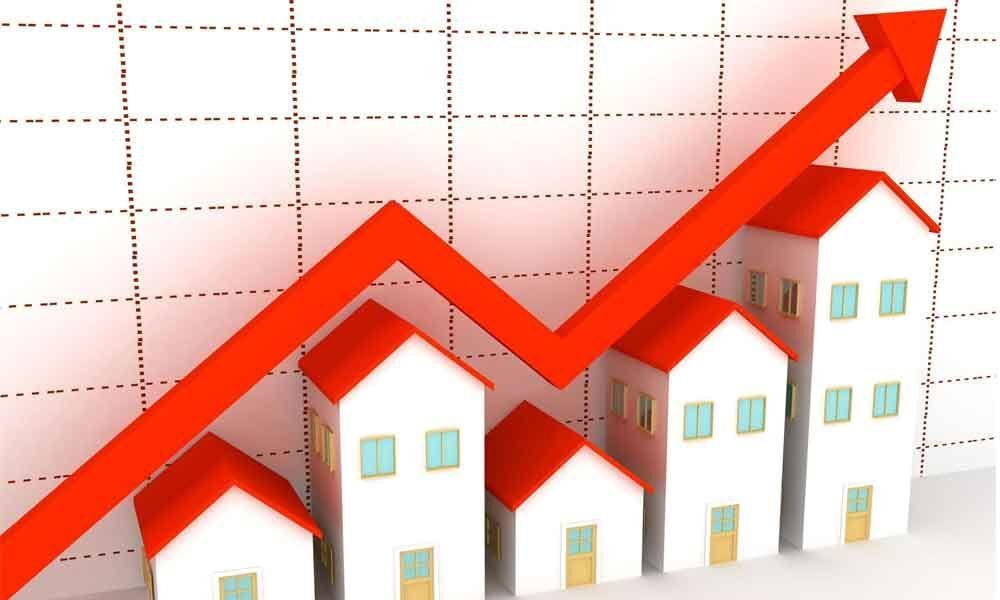
Technology has revolutionized the way we live, work, and conduct business. In the property management industry, technology has played a significant role in streamlining operations, enhancing efficiency, and improving customer experiences. In this article, we will discuss the various ways in which technology has impacted modern property management.
1. Online Property Management Systems

Gone are the days when property managers had to rely on spreadsheets and paper-based records to manage their properties. Today, there are numerous online property management systems that offer a range of features, from accounting and rent collection to maintenance requests and tenant communication. These systems provide a centralized platform for property managers to access all the information they need, anytime and anywhere. They also reduce the risk of errors and improve communication between tenants, property managers, and landlords.
2. Smart Home Technology
Smart home technology has transformed the way tenants interact with their homes. With devices like smart thermostats, lighting systems, and security cameras, tenants can control their homes remotely and monitor their energy usage. Property managers can also benefit from this technology by using it to optimize energy consumption and improve security. For example, smart thermostats can be programmed to adjust the temperature automatically based on occupancy, while security cameras can be used to monitor the property and deter criminal activity.
3. Virtual Tours and 3D Visualization
The COVID-19 pandemic has accelerated the adoption of virtual tours and 3D visualization in the property management industry. These technologies allow prospective tenants to view properties remotely, without the need for physical visits. This not only saves time and money but also reduces the risk of exposure to the virus. Property managers can also use virtual tours and 3D visualization to showcase their properties to a wider audience and increase their marketing reach.
4. Artificial Intelligence
Artificial intelligence (AI) is another technology that has the potential to revolutionize property management. AI-powered chatbots, for example, can be used to automate tenant communication and provide quick responses to common questions and issues. AI can also be used to analyze data and provide insights that can help property managers make more informed decisions. For example, AI can be used to predict maintenance issues before they occur, allowing property managers to take proactive measures to address them.
5. Mobile Apps
Mobile apps have become an integral part of modern property management. Tenants can use these apps to pay rent, submit maintenance requests, and communicate with property managers. Property managers, on the other hand, can use these apps to access information about their properties, track maintenance requests, and communicate with tenants. Mobile apps provide a convenient and efficient way for tenants and property managers to stay connected and manage their properties on the go.
Technology has transformed the property management industry in many ways, from online property management systems and smart home technology to virtual tours and 3D visualization. As technology continues to evolve, we can expect to see more innovations that will further improve efficiency, reduce costs, and enhance customer experiences. Property managers who embrace these technologies will be better equipped to meet the evolving needs of their tenants and stay ahead of the competition.







